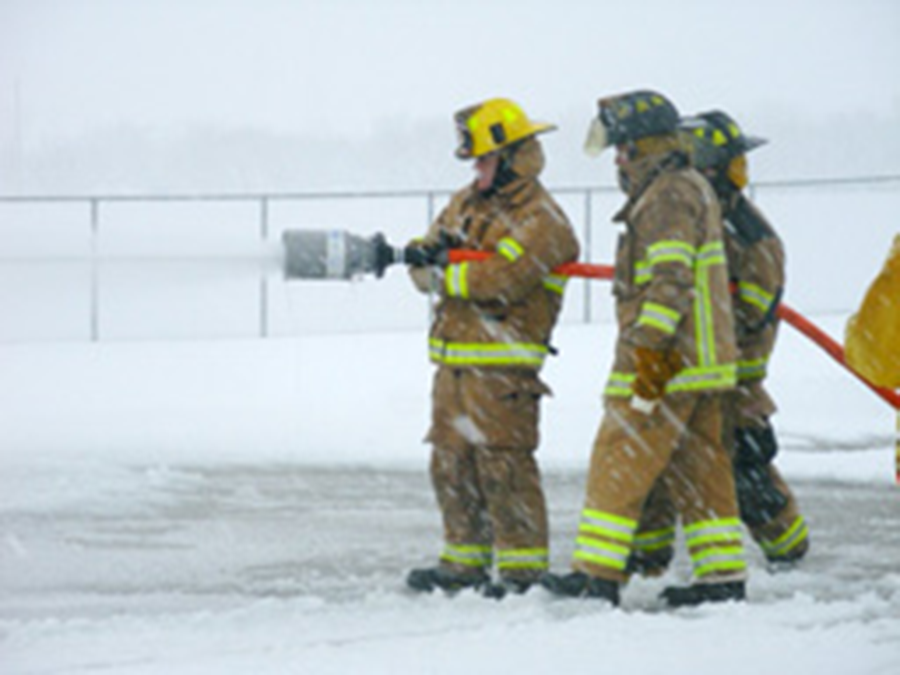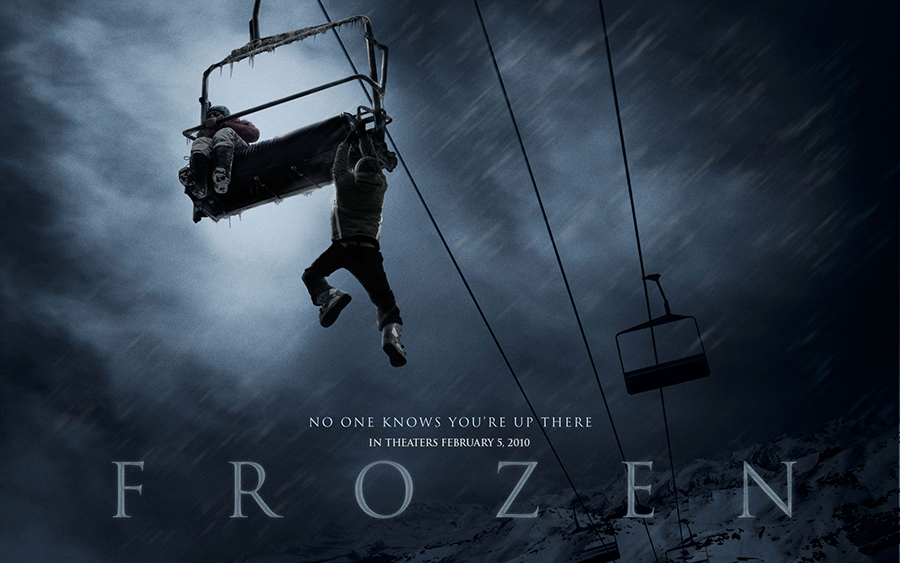By Diana Silva/reporter

Corban LaFon/The Collegian
A young Hamed Madani listened to his father talk about history and events of the day at the dinner table in Kabul, Afghanistan, and made a decision: He would study political science and become a teacher.
Now, Madani is using what he learned from those conversations in his role as a government professor on SE Campus.
“I became a teacher because teaching is in my blood,” he said. “My parents were both educators.”
Madani also uses what he’s learned from a long list of experiences in the political community in his TCC classes.
Madani has always had a passion for politics in both America and Afghanistan. His interest has been the focus of several local newspaper and magazine stories, including one in Projection, the TCC magazine that included details about a yearlong trip he took to Afghanistan in 2003.
While on his trip to Afghanistan, he served as an advisor in the Ministry of Higher Education.
At the same time, Madani taught Introduction to International Relations and Comparative Constitutions at the Herat University in Afghanistan. He also helped revise the department of law and political science’s curriculum.
The trip marked a return to Madani’s home and gave him the opportunity to work with the country’s civil society and gender equality.
Madani said this trip was timely because it was a way to help students learn the dynamics among America, Afghanistan and the Taliban since many students were not aware of American politics.
Madani, 60, grew up in the country, attending the first established high school in Kabul. He became an exchange student in 1966 when he was 17 and came to the United States.
He spent that year with a host family in Delran, N.J. He decided he would have to accomplish his dream of becoming a political science teacher in other countries besides the one he once called home.
“While growing up, I always wanted to be an educator to learn how to speak English as a foreign language,” he said.
In 1968, Madani traveled to Lebanon, where he attended the American University of Beirut and received his bachelor’s degree in 1973. He then returned to the United States.
Once in the U.S., he did not want to go back to the Middle East because it was dangerous.
“The reason why I did not go home and am still in America is that the Soviet Union invaded my native country,” he said. “I had to stay in the U.S. and adopt it as my second home.”
Here, Madani earned his master’s degree in 1981 at the University of Texas at Arlington. His master’s thesis was Economic Strategies and Political Modernization: A Case Study of Afghanistan. He received his doctorate in political science from the University of North Texas.
While teaching, Madani has received awards for his work as an educator and for his involvement in what he teaches.
In 1994, the NW Campus Faculty Association granted him the Golden Apple Award for outstanding service to students. In 2000, his SE Dean’s Honor List students, nominated him for inclusion in Who’s Who Among America’s Teachers.
Madani has been a government professor at TCC for 30 years. He first taught on NW Campus. He then transferred to SE Campus in 1993, serving as a part-time teacher for four years, before becoming full-time.
Madani teaches a U.S and Texas government class emphasizing foreign policy. He said he likes to share his knowledge and experiences with his students.
“I got myself involved in discussing the war with my fellow students and teachers,” he said. “Through teaching, I challenge students’ preconceived notions so that they may free themselves from ignorance, prejudice and provincialism.”
Madani said he lectures for one-third of the class, and students ask him questions the other part of the time. He said students like to agree and disagree about the political issues.
“I have used teaching as a means to reach out and inspire our students to be creative and think for themselves,” he said.
When Madani transferred to SE, it was an election year.
“I realized students did not care much,” he said.
So he started a presidential election course on his own.
“I wanted to get them interested and for them to participate in the elections,” he said.
Sarah Cain, SE student, is surprised about how much knowledge Madani has.
“I would never get bored in his class,” she said. “He just has so many things to talk about.”
When she’s in Madani’s class, Cain said she feels she’s actually learning something, not just for class, but for the world of government and politics.
As if this were not enough, Madani also is a political party volunteer.
“I help on county meetings and during the primary and presidential elections,” he said. “I also recruit new party members.”
In addition to all of his interesting experiences, Madani has written two books.
Afghanistan, published October 2003, explains the struggles in Afghanistan and the way people live there. The Judicial Branch was published in 2008.
Because Madani has spent his life both in Afghanistan and the U.S., he takes a historical perspective about the struggle between his two nations.
“I personally do not support the surge in Afghanistan,” he said. “If we look at the history of Afghanistan, Afghanistan has the graveyard of civilizations. Alexander the Great, Great Britain and Russia all tried to colonize Afghanistan, and they all failed. Therefore, America should learn from history and leave Afghans to their own devices.”



























